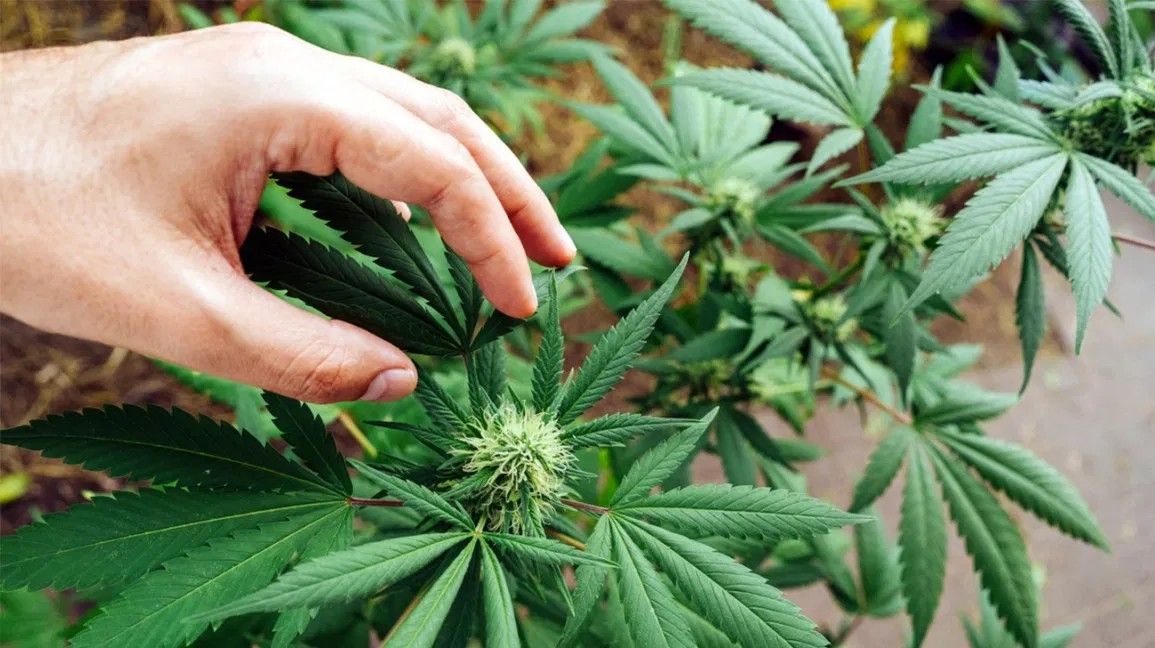Role of CBD oil in managing chronic pain

Chronic pain significantly affects people’s quality of life and daily functioning. As traditional pain management approaches sometimes fall short or come with unwanted side effects, many individuals are turning to alternative remedies. One such option that is gaining traction is CBD oil.
Bioavailability and absorption
An essential factor to consider using CBD oil for pain management is its bioavailability – the proportion of CBD that enters the bloodstream has an active effect.
- Sublingual administration– Placing CBD oil under the tongue allows rapid absorption through the mucous membranes, potentially offering quicker relief.
- Oral ingestion– When swallowed, CBD must pass the digestive system, which reduces its bioavailability but may provide longer-lasting effects.
- Topical application- CBD-infused creams or balms directly to the skin can be effective for localized pain but have lower systemic absorption.
- Inhalation- Vaping CBD oil provides high bioavailability and rapid onset of effects but carries potential risks associated with vaping.
A clear understanding of these differences helps users choose the most effective method for pain management.
Personalized medicine approach
The effectiveness of CBD for pain can vary significantly between individuals due to factors like:
- Genetics- Variations in genes related to the end cannabinoid system may influence how individuals respond to CBD.
- Metabolism- Differences in metabolic rates affect how quickly CBD is processed from the body.
- Body composition- Body mass index (BMI) and fat percentage may influence CBD’s distribution and effects on the body.
This variability shows the importance of a personalized approach to using best cbd oil for pain management, potentially involving genetic testing or working closely with healthcare providers to optimize treatment.
Potential for reducing opioid dependency
One area of particular interest in CBD research is its potential to help reduce opioid use and dependency in chronic pain patients.
- CBD is the pain-relieving effect of opioids for lower opioid doses.
- CBD may help alleviate some symptoms associated with opioid withdrawal, potentially easing the transition for those reducing their opioid use.
- CBD’s potential anti-anxiety and sleep-promoting effects could help address factors that often complicate pain management and contribute to opioid misuse.
While more research is needed, this potential for CBD to support opioid reduction strategies is a promising area of investigation in pain management.
Long-term effects and safety profile
As CBD use for chronic pain management often involves extended periods, understanding its long-term effects is crucial.
- Tolerance development- Unlike some pain medications, current evidence suggests that users may not develop tolerance to CBD, potentially allowing for consistent dosing over time.
- Liver health- While generally well-tolerated, high doses of CBD may affect liver enzyme levels in some individuals, highlighting the need for monitoring during long-term use.
- Drug interactions- Long-term CBD use may interact with the metabolism of other medications, necessitating ongoing communication with healthcare providers about all supplements and medications.
- Cumulative effects- Some researchers speculate that CBD’s anti-inflammatory and neuroprotective properties could have cumulative benefits over time, potentially slowing the progression of certain pain conditions.
Continued research into the long-term effects of CBD use will provide valuable insights for those considering it as a part of their chronic pain management strategy.











